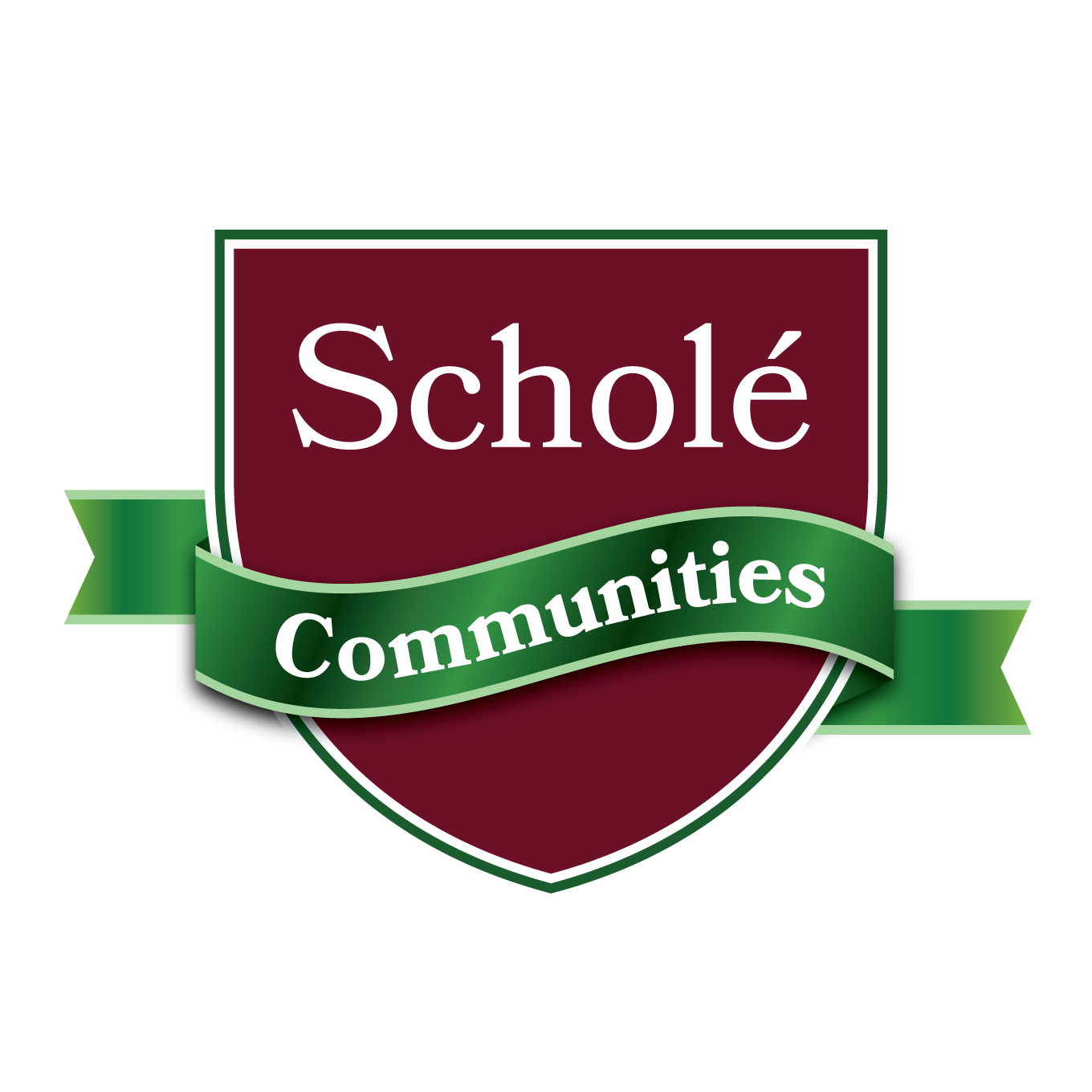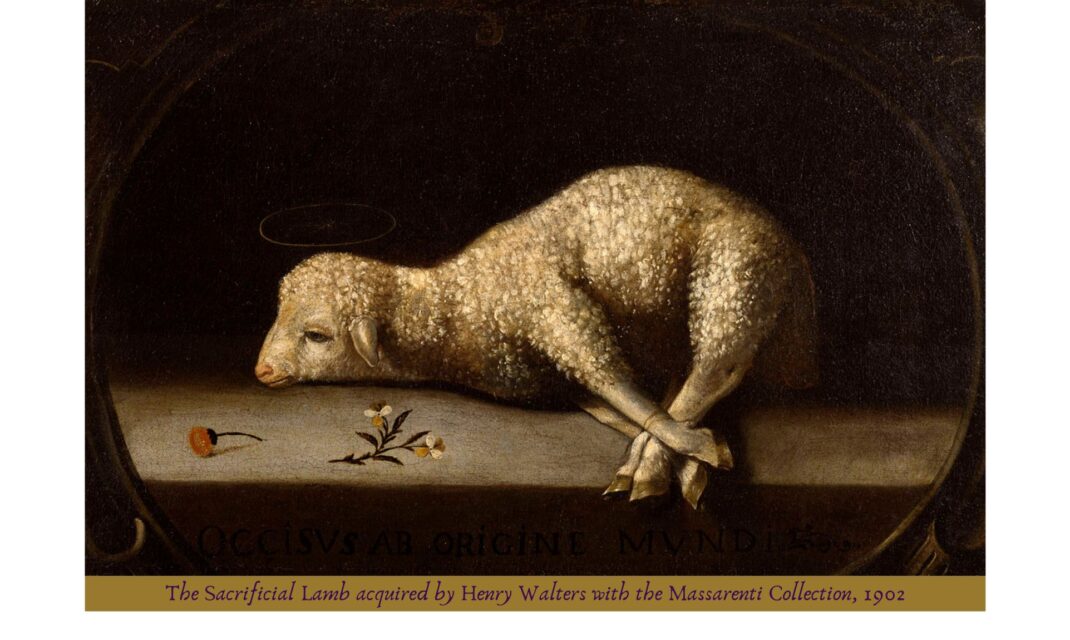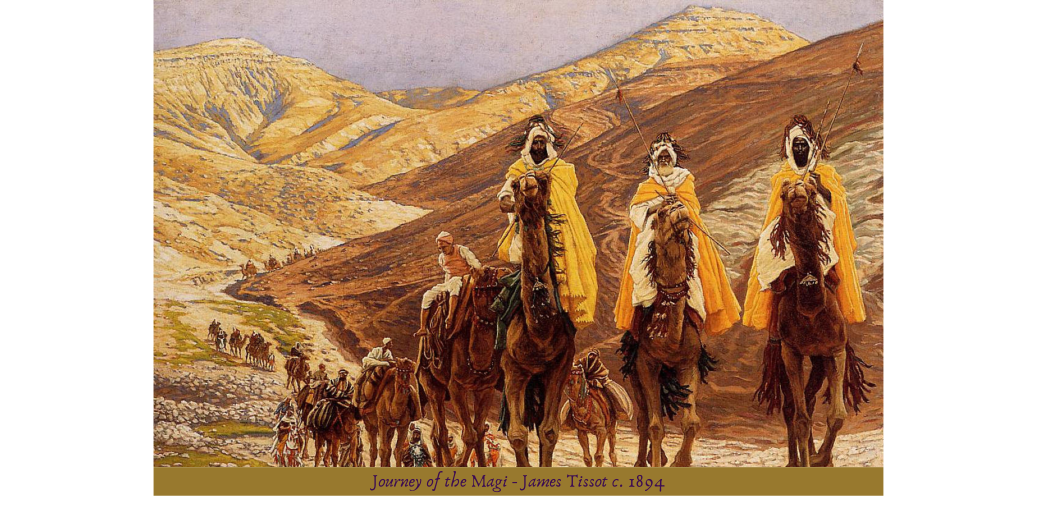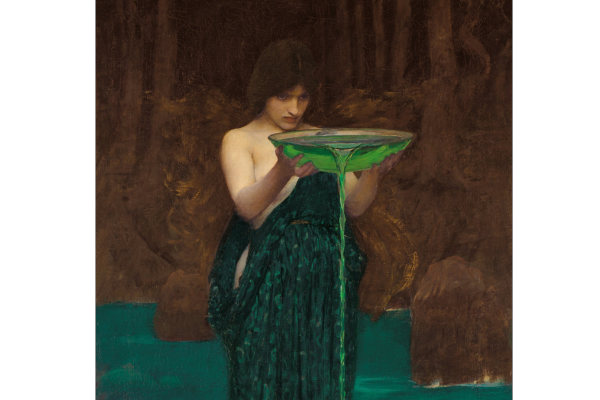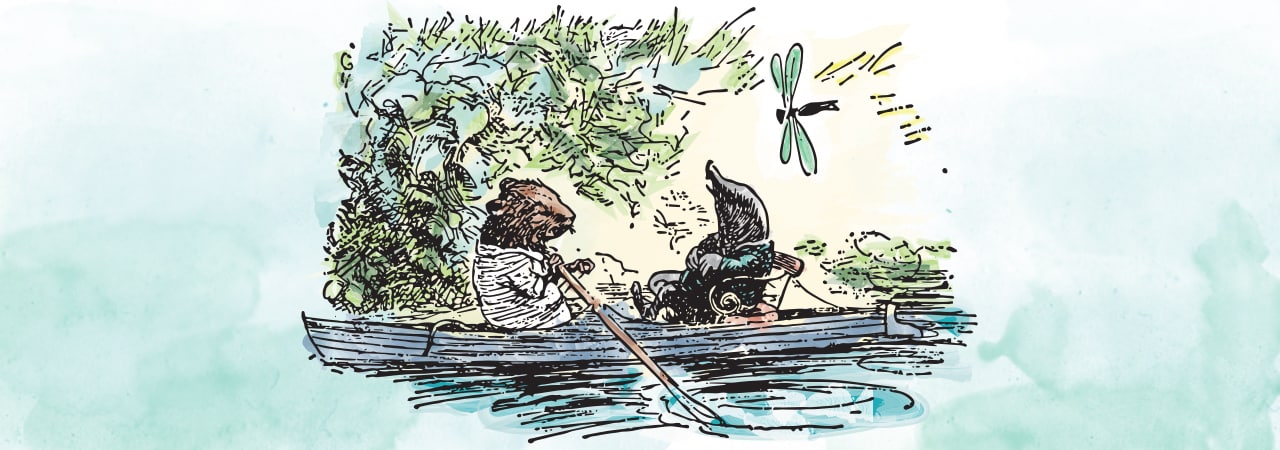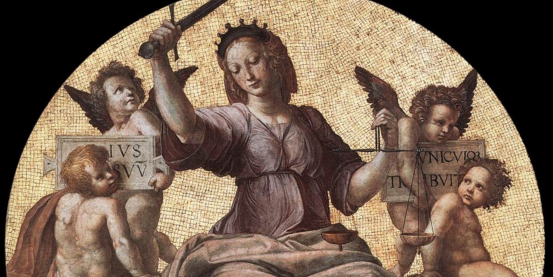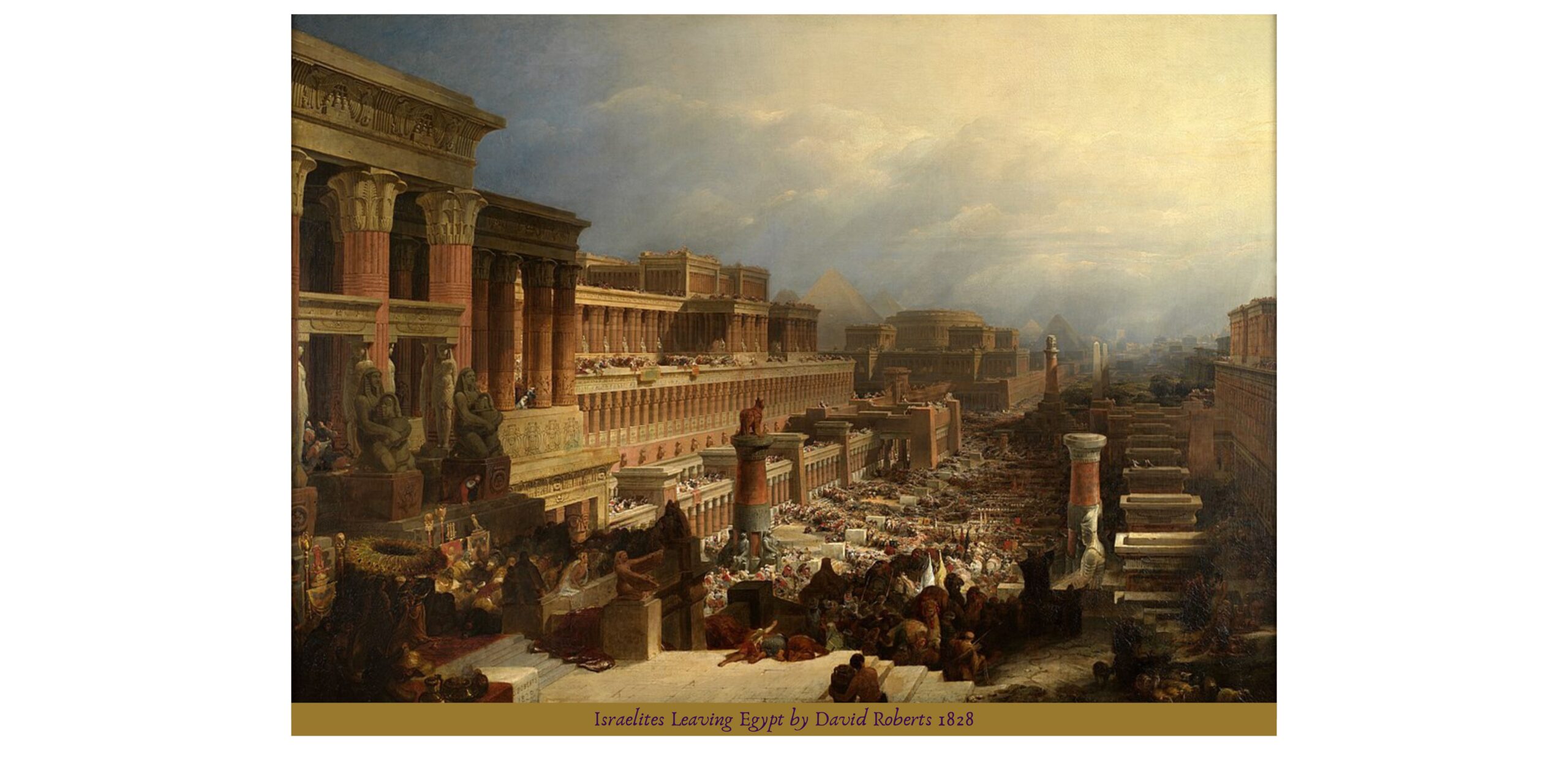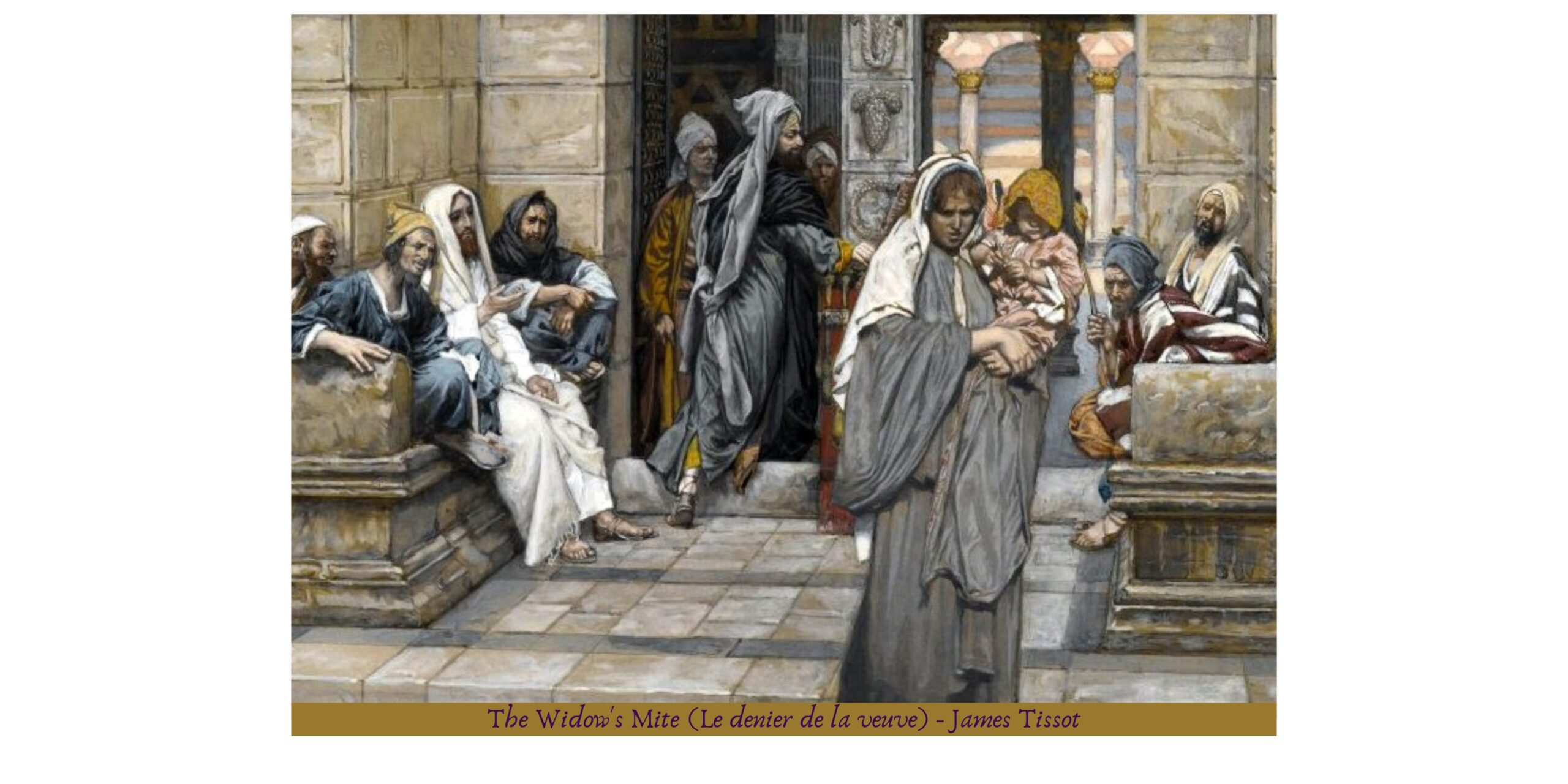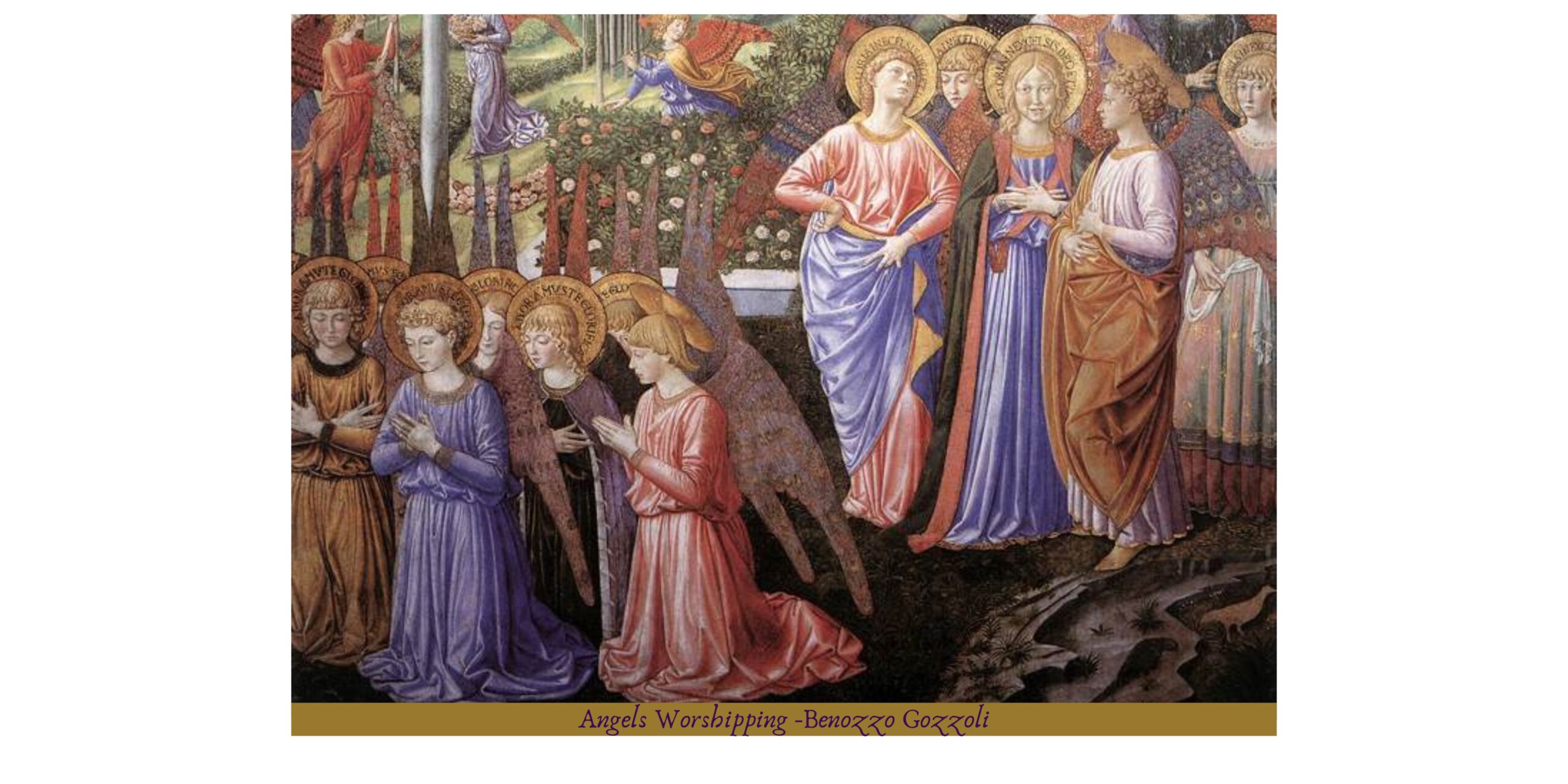Dangerous Business: The Self-Emptying God
I would like to start by asking you to consider an incorrect image. Imagine God, before he creates anything. He is not in Heaven, for He has not made it; He is not in space, for it does not yet exist. He is not anywhere, for the idea of place has yet to be created. So you cannot imagine anything outside of Him: you must simply imagine Him, and you are bathed in Him, swimming in the ocean of his being, an ocean with no shores and no surface, for all is submerged.
